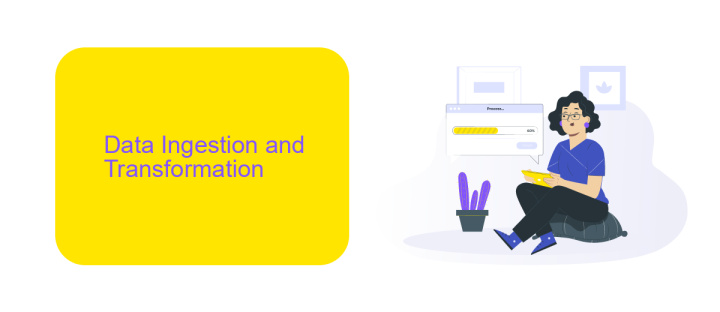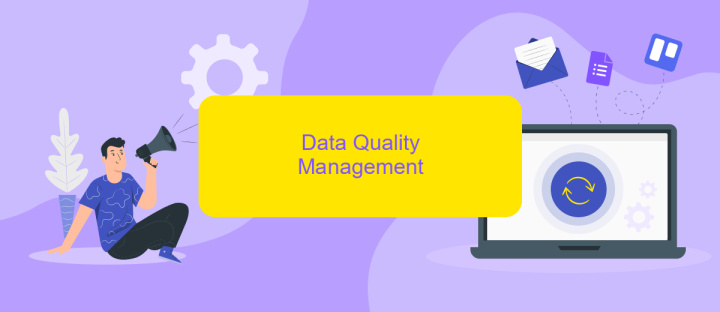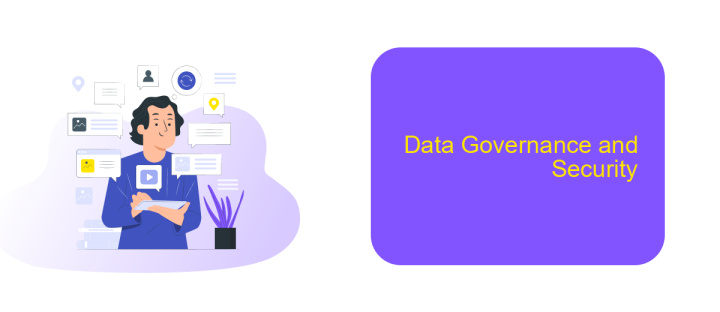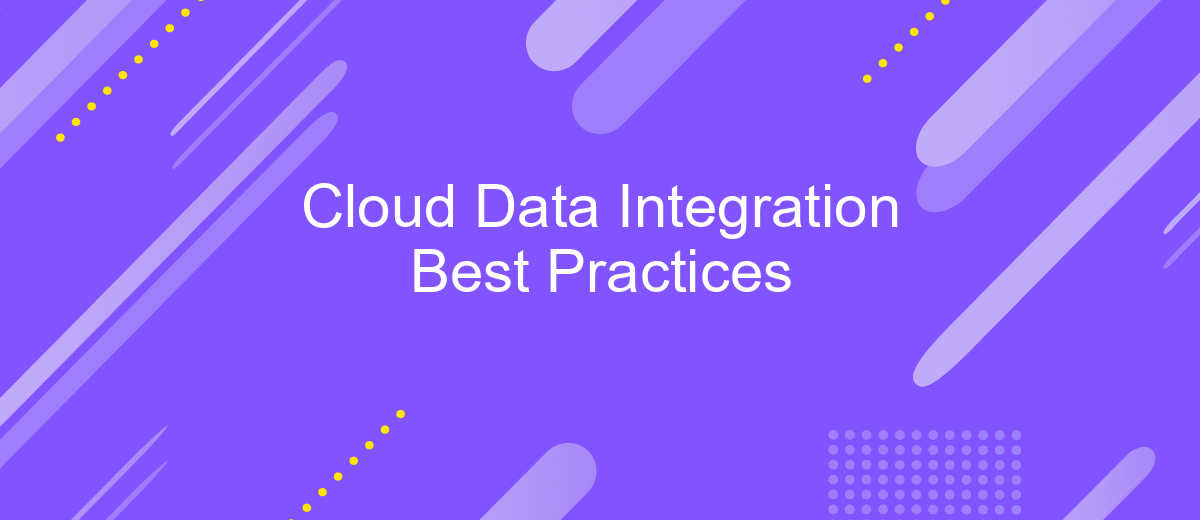Cloud Data Integration Best Practices
In today's data-driven world, effective cloud data integration is crucial for businesses seeking to harness the full potential of their data assets. This article explores best practices for integrating data across cloud platforms, ensuring seamless data flow, enhanced data quality, and real-time insights. By following these guidelines, organizations can optimize their cloud infrastructure and drive strategic decision-making.
Data Integration Framework
Implementing a robust data integration framework is essential for seamless and efficient data management across cloud platforms. A well-structured framework ensures that data flows smoothly between different systems, reducing the risk of errors and improving overall data quality.
- Define clear data integration objectives and goals.
- Choose the right tools and technologies, such as ApiX-Drive, to facilitate integrations.
- Ensure data security and compliance with regulatory standards.
- Implement data transformation and cleansing processes.
- Regularly monitor and maintain data integration workflows.
Utilizing services like ApiX-Drive can significantly streamline the integration process by providing a user-friendly interface and automation capabilities. This allows organizations to focus on strategic tasks while ensuring that data is accurately and efficiently transferred between systems. Regular monitoring and updates to the integration framework will help maintain its effectiveness over time.
Data Ingestion and Transformation

Effective data ingestion is the cornerstone of successful cloud data integration. It involves the process of collecting, importing, and processing data from various sources into a centralized repository. To ensure seamless data ingestion, it's crucial to employ automated tools and platforms that can handle diverse data formats and sources. ApiX-Drive is an excellent service that facilitates the setup of integrations by allowing users to connect multiple data sources effortlessly. This automation not only saves time but also minimizes the risk of errors, ensuring that data is consistently and accurately ingested into the cloud environment.
Once data is ingested, the next critical step is data transformation. This involves cleaning, normalizing, and structuring the ingested data to make it usable for analysis and reporting. Transformation processes may include data filtering, aggregation, and enrichment. Utilizing robust ETL (Extract, Transform, Load) tools can streamline these processes, ensuring data integrity and consistency. By implementing best practices in data transformation, organizations can turn raw data into valuable insights, driving better decision-making and business outcomes.
Data Quality Management

Effective data quality management is crucial for successful cloud data integration. Ensuring the accuracy, consistency, and reliability of data can significantly impact business decisions and outcomes. Organizations must adopt best practices to maintain high data quality standards.
1. **Data Profiling**: Regularly analyze data to identify inconsistencies, duplicates, and anomalies.
2. **Data Cleansing**: Implement automated tools to correct or remove inaccurate and corrupt data.
3. **Data Validation**: Use validation rules and checks during data entry and integration processes.
4. **Metadata Management**: Maintain comprehensive metadata to provide context and improve data understanding.
5. **Continuous Monitoring**: Employ monitoring tools to track data quality metrics and address issues promptly.
Utilizing integration services like ApiX-Drive can streamline these processes. ApiX-Drive offers robust tools for automating data validation and cleansing, ensuring that the integrated data remains accurate and reliable. By leveraging such services, organizations can enhance their data quality management efforts, leading to more informed decision-making and improved operational efficiency.
Data Governance and Security

Effective data governance and security are critical components of any cloud data integration strategy. Ensuring that your data is protected and compliant with regulations requires a robust framework and continuous monitoring. This helps in maintaining data integrity, confidentiality, and availability.
To achieve this, organizations must implement best practices that cover both governance and security aspects. This includes defining clear policies, roles, and responsibilities for data management and protection. Additionally, leveraging automated tools and services can significantly enhance data governance and security measures.
- Define data ownership and stewardship roles
- Implement data encryption both in transit and at rest
- Regularly audit and monitor data access and usage
- Utilize automated integration services like ApiX-Drive for secure data transfer
- Ensure compliance with industry standards and regulations
By following these best practices, organizations can better manage their data assets and reduce the risk of data breaches. Services like ApiX-Drive can facilitate secure and efficient data integrations, ensuring that data governance and security are maintained throughout the data lifecycle.
Monitoring and Optimization
Effective monitoring and optimization are crucial for maintaining robust cloud data integration. Regularly track data flows, latency, and error rates to ensure seamless operations. Utilize advanced monitoring tools to gain real-time insights into system performance. Implement automated alerts to notify your team of any anomalies or disruptions. This proactive approach helps in identifying and resolving issues before they escalate, ensuring uninterrupted data integration.
Optimization goes hand-in-hand with monitoring. Continuously analyze the performance metrics to identify bottlenecks and areas for improvement. Tools like ApiX-Drive can be instrumental in optimizing your integrations by providing a user-friendly interface and automated workflows. Regularly update and fine-tune your integration settings to adapt to changing data volumes and business requirements. By combining vigilant monitoring with strategic optimization, you can achieve efficient and reliable cloud data integration.
FAQ
What is cloud data integration?
Why is data integration important for businesses?
What are some common challenges in cloud data integration?
How can businesses automate their data integration processes?
What are some best practices for cloud data integration?
Routine tasks take a lot of time from employees? Do they burn out, do not have enough working day for the main duties and important things? Do you understand that the only way out of this situation in modern realities is automation? Try Apix-Drive for free and make sure that the online connector in 5 minutes of setting up integration will remove a significant part of the routine from your life and free up time for you and your employees.

